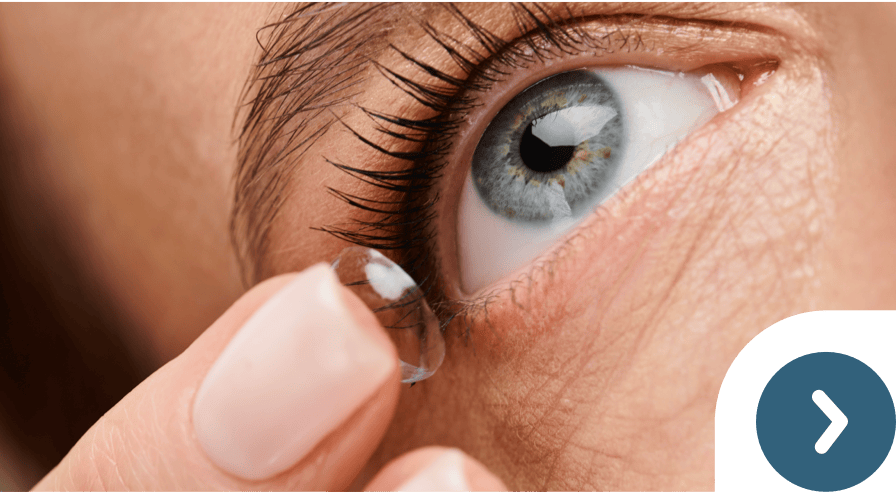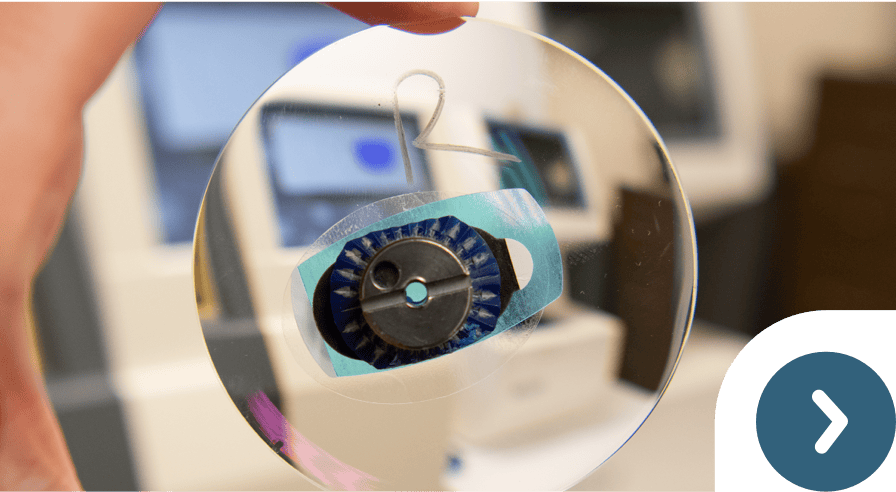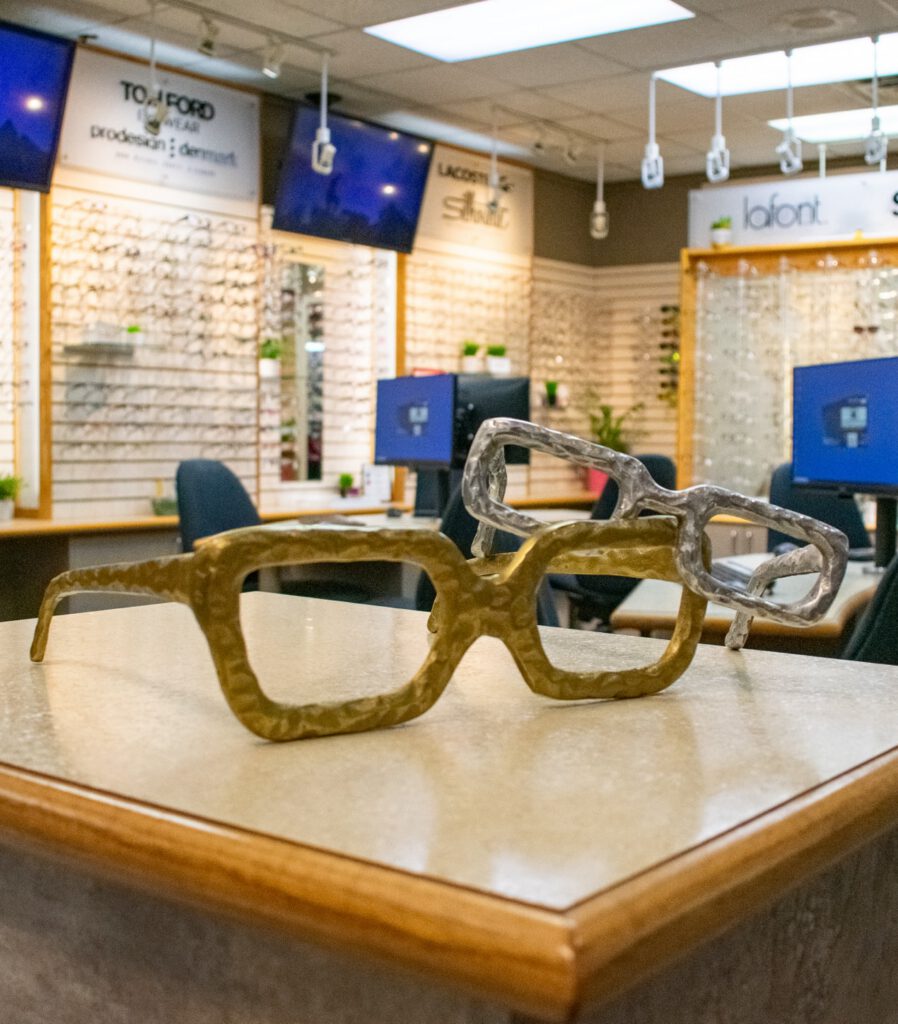Eye exams are one of those necessary healthcare tasks that sometimes just aren’t enjoyable to think about. But there’s no need to worry; Eye exams generally don’t take too much out of your day, usually about 30 to 60 minutes, depending on your needs for diagnosing and managing eye issues.
What to Expect During an Eye Exam
You can expect a thorough evaluation of your vision and eye health. The exam usually begins with a conversation between you and your eye doctor to go over your health, family medical history, and current eye issues or concerns you have.
It’s crucial that you’re honest with your eye doctor about your screen time, sunlight exposure, smoking, and overall lifestyle. By providing a complete picture, your eye doctor can accurately assess your risk factors to ensure you receive the best care possible.
After this initial conversation, your optometrist will examine your eyes using techniques and tools such as a retinoscope, eye chart, tonometer, and ophthalmoscope. These tests will help measure your visual acuity, eye pressure, and overall eye health.
Depending on your exam results, your optometrist may recommend corrective lenses, prescribe medications, or suggest further testing. Rest assured, an eye exam is a routine and noninvasive experience that will help maintain the health and clarity of your vision.
The Step-by-Step of an Eye Exam
Regular eye exams are an essential part of maintaining healthy vision. During an eye exam, your optometrist will follow a step-by-step process to assess your eyes.
- They will start by taking a thorough medical history to better understand your overall health and any vision concerns you may be experiencing. This conversation may take around 10 minutes.
- Next, they’ll test your visual acuity, checking your ability to see from a distance and up close. This test usually takes no more than 5 minutes.
- You’ll also undergo a refraction exam, which measures your required prescription for glasses or contacts. This part takes about 5 minutes.
- Your eye doctor will examine your eye structures and perform a retinal exam, allowing them to investigate the back of your eye, including the retina and optic nerve, to look for signs of eye disease. The timing of the retinal exam depends on the technology your clinic uses.
- If you need a dilated eye exam, it can take 15–30 minutes for your eyes to become fully dilated, which adds to the length of the total exam. This test is typically standard for those who have diabetes.
- Additional tests, such as tonometry, measure your eye pressure to help detect glaucoma. These tests are also quite short.
Overall, this series of tests is designed to help keep your eyes healthy and your vision clear.
What Factors Can Affect the Length of an Eye Exam?
Many factors can impact the length of your appointment. One of the most significant is the complexity of the exam itself. Your exam may take longer if you require specialized tests or have a complex eye condition.
Ultimately, how long your eye exam is depends on many factors. However, by working with a skilled professional and coming prepared with your questions or issues, you can help make your exam thorough and efficient.
Improve Your Eye Care Regimen
Knowing and considering factors like age, family health history, and lifestyle habits throughout the exam can help your doctor adjust your exam to include more personalized tests. Preparation for your eye exam is key to getting the most out of your appointment and maximizing your time with your doctor.
Additionally, it’s essential to ask questions and discuss any concerns you have to get accurate and helpful advice from your doctor on how best to take care of your eyes with lifestyle changes or medications if needed.
So don’t hesitate to schedule an appointment with us at Westmount Optometrists for a comprehensive eye exam today!









































